At 12, diagnosed with a tumor, I was the top student in my class when I got into university, yet I am still in pursuit of a "happy ending."
At 12, diagnosed with a tumor, I was the top student in my class when I got into university, yet I am still in pursuit of a "happy ending."
I have always been searching for what is called a happy ending. Just like in every clichéd movie, the protagonist goes through hardships, experiences a multitude of adventures, and finally lives a fulfilled life. Or perhaps he sits by a bus window, the sunset casting a golden glow on his face, with endless adventures awaiting him. However, he has already grasped the meaning of life and smiles gently.
Before I turned 12, my imagined happy ending was to become a Taekwondo master. By 13, it had transformed into a desire never to enter a hospital again. At 15, it became about getting into a prestigious university, and by 18, achieving success and living a life free of worries. Many times, I felt that I was very close to my happy ending, but fate always threw me a curveball, forcing my story to continue in a long and drawn-out manner.
2岁确诊骨肉瘤复学,后联考几乎全科第一
Diagnosed with osteosarcoma at age 2, I returned to school and ranked first in almost all subjects in subsequent exams.
Since being diagnosed with osteosarcoma at 12, my medical history has been like a running account, with each referral adding more lines, reminiscent of the endless chatter of Xianglin's wife.
After surgery, I was still too young to take my illness seriously. I felt that besides not being able to exercise, I was almost like a normal person. After a year of school suspension due to treatment, I was eager to return to school as the new semester began. My grades had always been excellent, but my parents were reluctant to let me overexert myself and often made "special arrangements" for me. They even sacrificed many opportunities during my transition to high school, enrolling me in an ordinary school.
My competitive spirit could not be quelled. After two years of recovery, I began to eat and sleep like my classmates, without asking for special treatment from teachers. Sometimes, I would even get scolded for oversleeping. By my senior year, I had become somewhat of a legendary figure at school, ranking first in almost all subjects in the joint entrance examination, often scoring dozens of points higher than the second-ranked student!
After my first exam, I successfully passed the preliminary evaluation for comprehensive admissions at Zhejiang University and Shanghai Jiao Tong University. My friends envied me, not knowing that just four or five years earlier, I had been bedridden and worried about whether I would see the sun the next day.
Finally, the college entrance examination arrived. I achieved a score that was a dream come true and was admitted to a prestigious university, a score not seen at my high school for many years. Since I had a five-year primary education and took a year off, I turned 18 at the time of my admission to university. I also reached the five-year recovery milestone, making it a deeply satisfying rite of passage. Although I still had some minor nodules in my lungs, doctors said they were stable, and the five years of calm made me feel like a completely normal person.
"I will step into this long-awaited ivory tower, just like every other college student. Perhaps I will willingly become a cynical cynic, and this is my happy ending—better than I could have imagined! I earned it through hard work after enduring so much suffering. Isn’t this what I deserve?" Perhaps my excitement and high expectations for my new life made it even harder to bear when the next twist of fate arrived.
肺转、休学、化疗人生中极其黯淡的时光
Life filled with lung metastasis, school suspension, chemotherapy, and exceedingly dark times.
After just a year of vibrant living, my freshman year ended, and I was hit with lung metastasis, school suspension, chemotherapy, complications, prosthetic fractures, infections—various troubles knocked at my door. I was not the 12-year-old child anymore; I could tolerate physical discomfort and understood that it was temporary. However, the psychological pain was a never-ending torment. Each time I thought I had weathered a phase of setbacks, another issue arose before I could catch my breath, and a new physical condition emerged. Sometimes, I found myself becoming existential, caught in endless doubts about life.
My family grew increasingly anxious, as if any misstep could lead to a relapse. I understood their caution, but I became a victim of it. I could only eat duck eggs, not chicken eggs; my diet was limited to small amounts of pork, duck, and beef, but no chicken, lamb, or seafood. There were countless dietary restrictions, and they made it clear that they did not support me pursuing graduate studies, even though my academic performance was not achieved at the expense of my health.
Life is precious, but does that mean I must forget my talents and lead a mediocre life? We are often held hostage by life, overlooking the notion that life should be a vessel for meaning. Few realize that society subconsciously imposes norms on cancer patients; once someone is labeled as such, no matter how young, they are expected to live out their remaining days in a certain way: eating light meals daily, enjoying life, perhaps immediately traveling the world. The idea of studying or working is often seen as typical of a strong-willed Chinese child. Alas, East Asia.
The stigma of illness and the feeling of being an outcast hung over me like a sword of Damocles, triggering endless internal conflict. What's more suffocating is that no one understands me—who can comprehend the repeated sacrifices I had to make regarding my future and plans, subject to the whims of the illness in my body? Who can relate to my isolation at twenty, while peers enjoyed the vibrancy of youth on campus, and I was left in darkness, needing family support? Who can truly understand my anxiety and anger when I see cancer survivors being rejected in job applications or facing ridicule for wanting to study or work? Who can grasp the helplessness of fabricating lies to hide my illness? Who can empathize with my mixture of emotions when I see words like "tumor" and "cancer" becoming insults akin to Down syndrome? Who can imagine that simply standing alongside others means enduring endless torment and carrying the risk of falling ill and needing to suspend studies at any moment?
That period was undoubtedly one of the darkest times in my life, and now I understand that these questions may have no answers. I have never brought these matters up with any friends, knowing that just mentioning my illness would leave them speechless for a moment. I don't expect anyone to understand, for if I recover without relapse, I might also become a bystander, occasionally touched by memories of being part of that world but never truly feeling or contemplating such issues.
经历了一切最害怕的事之后,我仍能感受世间美好
After experiencing everything I feared the most, I can still feel the beauty of the world.
As I write this article, I am still troubled by tumors or the complications they bring. I have had lung metastases removed, completed all treatments, revised my prosthetics, and undergone follow-up checks, which are temporarily stable. Yet, my return to school has not been without its challenges.
They say everything has two sides, but I still don't know what the good side of having a tumor is. Perhaps it's because I’m not like the older generation who "endure hardship without complaint," always saying it's a warning from the body. But I know that after all this, I have indeed grown. Though not thanks to the illness, my character has been forged: I can remain calm and rational in the face of any situation, solving problems without venting to others about my experiences. This brings me closer to the ideal version of myself.
I stubbornly believe that not treating illness as a secret does not reflect a lack of shame but rather a form of vulnerability. Because when I am strong enough, I neither need to share my experiences for comfort nor justify my reasons for "special treatment" to anyone irrelevant.
The stigma of illness stems from comparing oneself to healthy individuals, but I want to say that even if you are ill, you still have a rightful place among others. There are no rules, nor can anyone guarantee that every person is born healthy.
You have quietly endured all of this; you need not feel ashamed or question why your fate is this way—just as oranges can never turn into apples. When answers elude you, turn to yourself. After facing everything I feared the most, I am still alive. I still have thoughts, dreams, and can feel much of the beauty in this world. I will never cry and lament again. This is the best ending I can think of right now.
Author | Qingqing
Editor & Layout | Xia Yu
Proofreader | Jani
Search
Related Articles
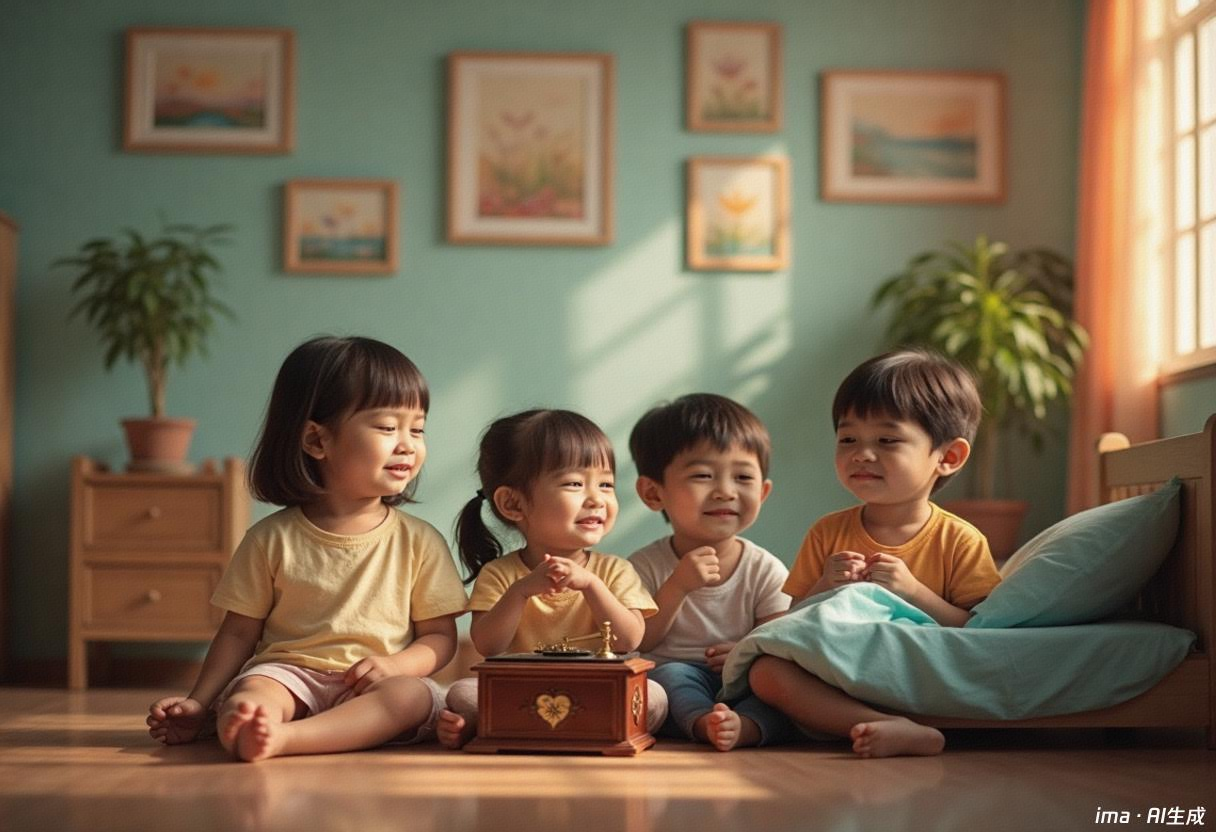
Relaxation Therapy & Peace Care
Jul 03, 2025
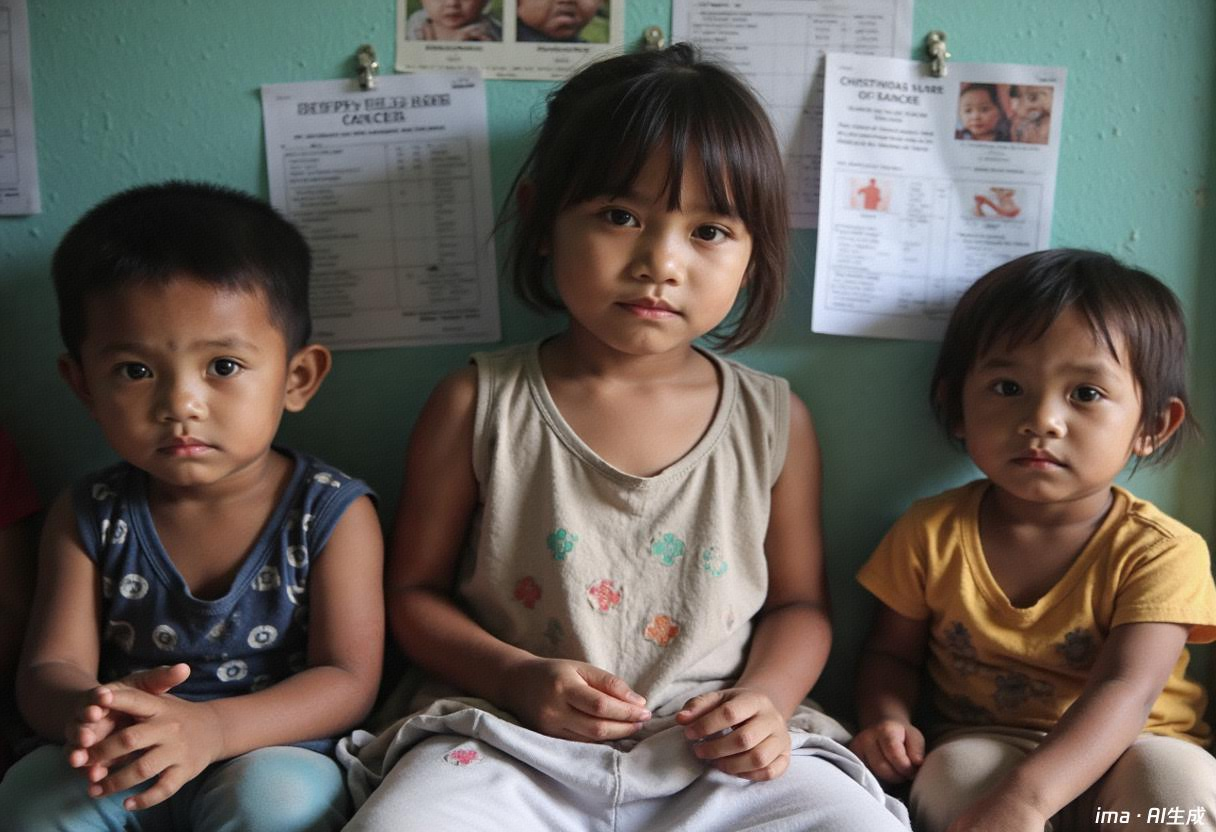
Rare Childhood Tumour
Jul 03, 2025
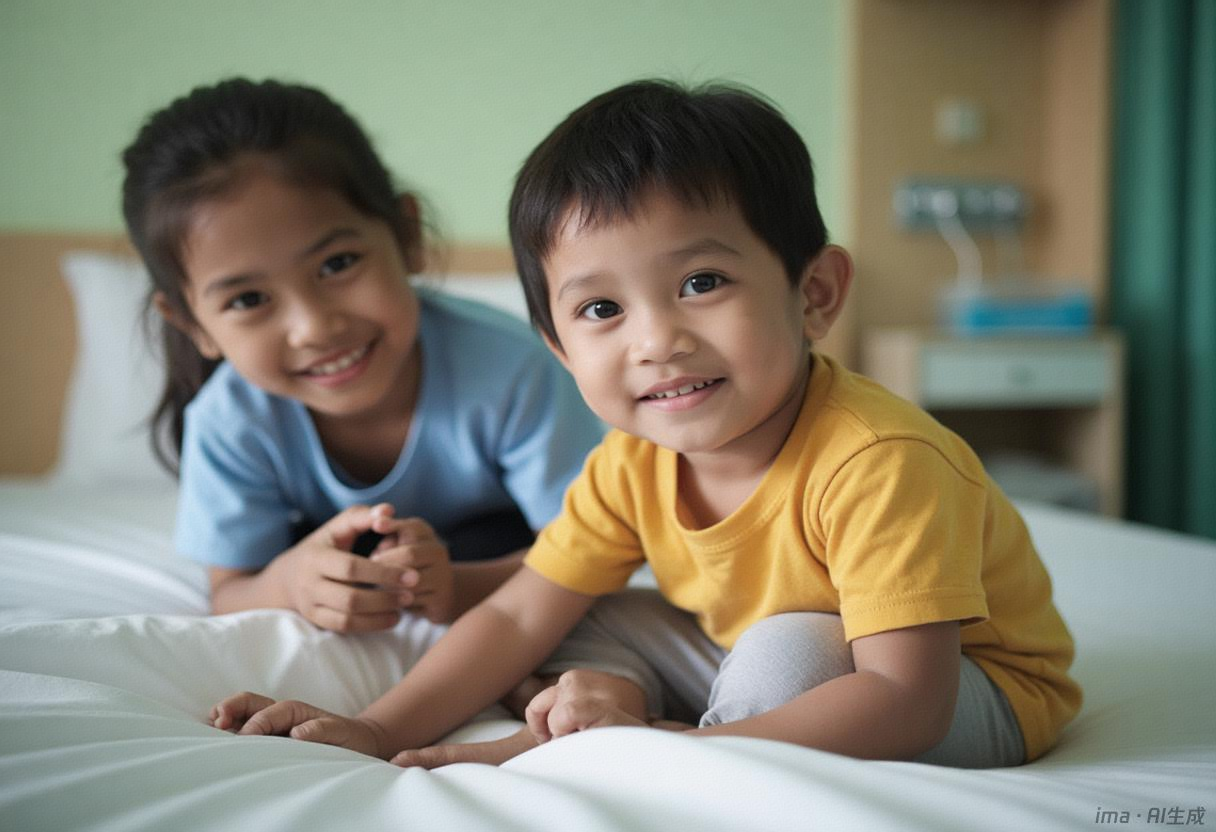
Inflammatory Myofibroblastoma
Jul 03, 2025
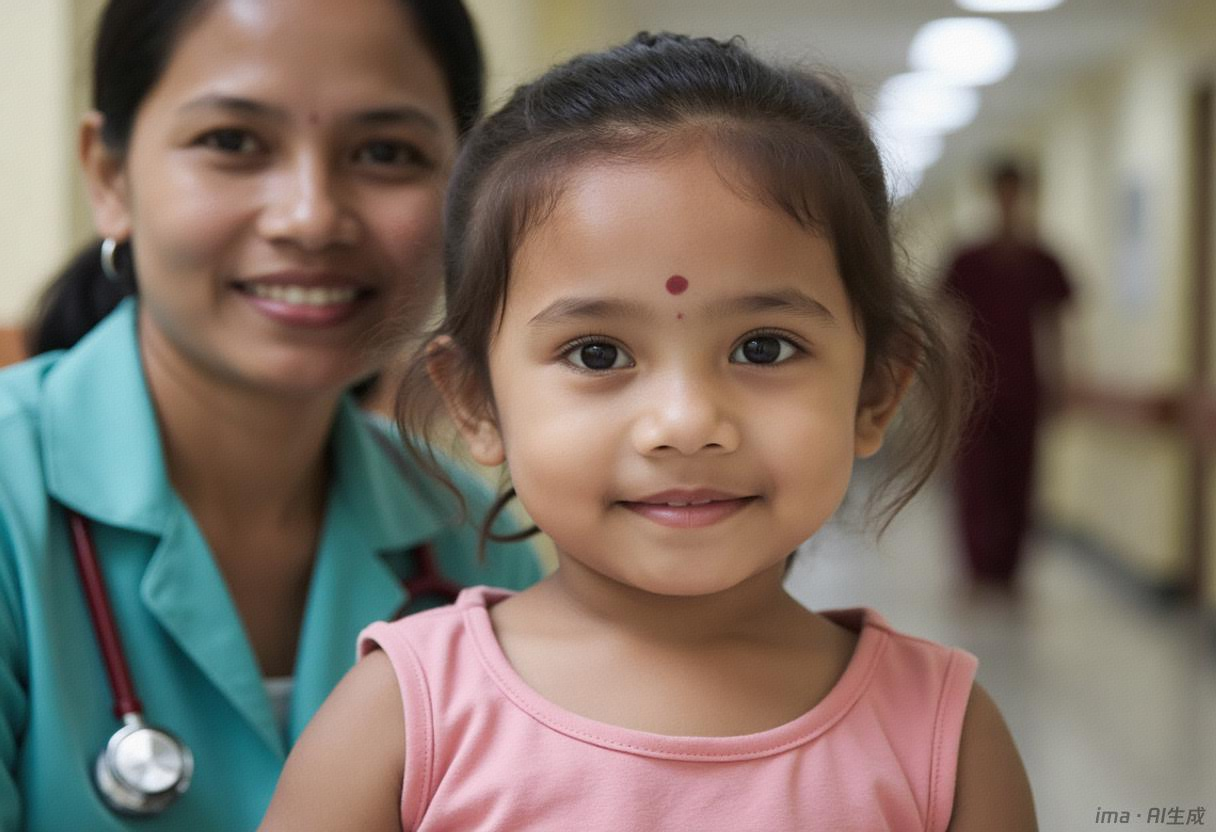
Langerhans Cell Histiocytosis
Jul 03, 2025
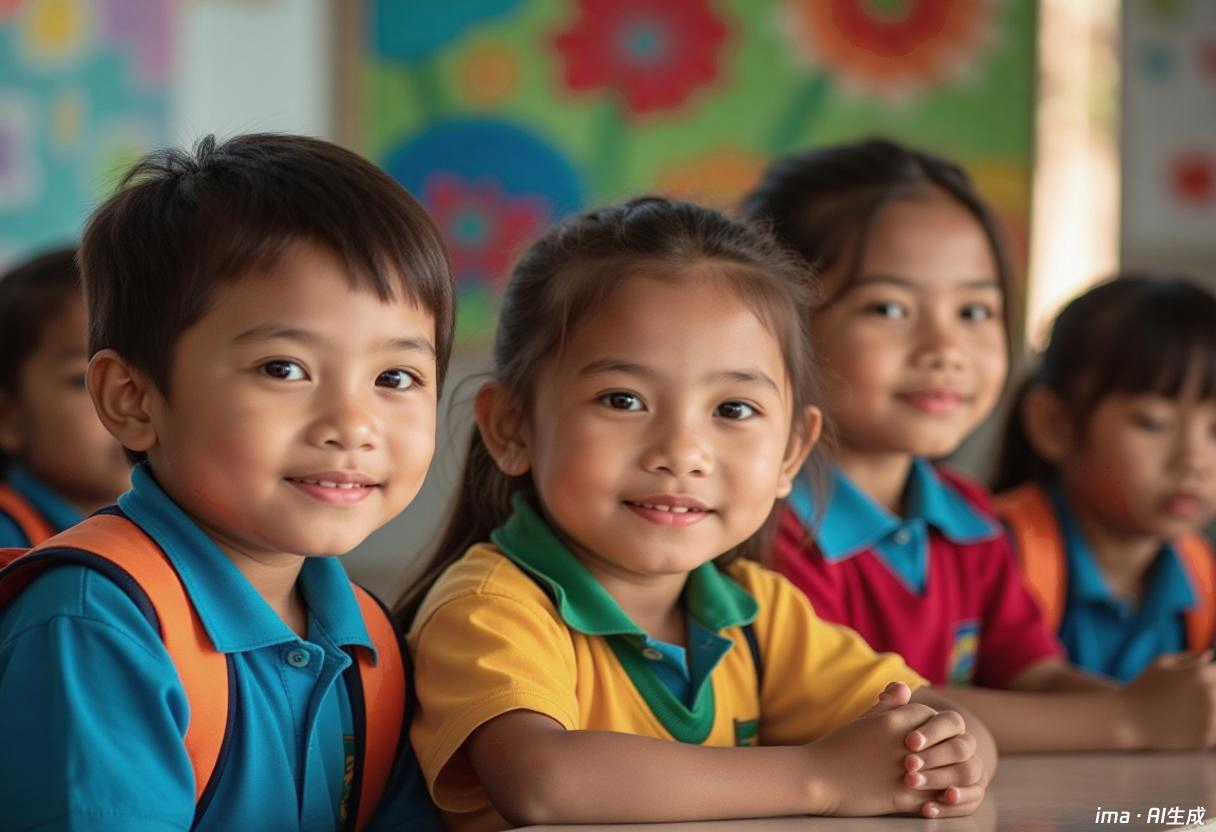
Angeioma
Jul 03, 2025